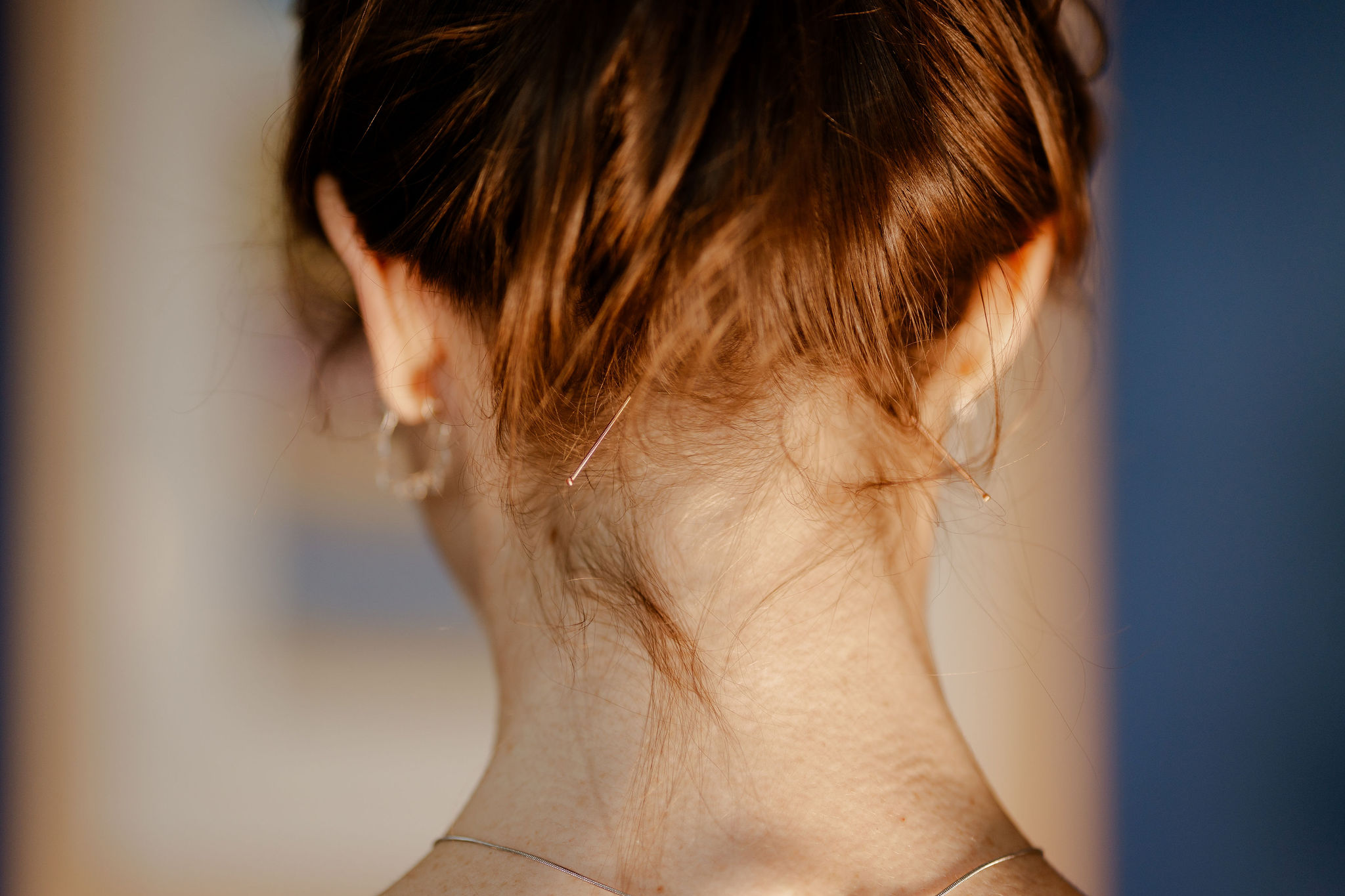Tension-Type Headaches
Signs and symptoms:
Tension-type headache is the term used for infrequent and frequent episodic, as well as chronic, tension-type headaches. This type of headache is primary (i.e. the headache itself is the disorder, rather than secondary to another condition). Tension-type headaches are characterised by pain that is typically mild or moderate in intensity, bilateral, and pressing or tightening in quality, but does not worsen with physical activity. There may be accompanying photophobia or phonophobia, but no nausea. The headaches are daily or very frequent, and last from minutes to days.
Are tension-type headaches common?
- Less than 2% of the population have never had a headache.
- Headaches are one of the most frequent reasons for medical consultations, in both general practice and neurology clinics.
- They occur in up to around 80% of the UK adult population, and are more prevalent in women (65% of cases in one survey).
- Symptoms begin before the age of 10 years in 15% of people with chronic tension-type headache, and prevalence declines with age.
- There is a family history of some form of headache in 40% of people with chronic tension-type headache.
What are the causes?
Tension-type headaches can be caused by tightness in the muscles at the back of the neck and over the scalp. The underlying causes include anything which makes those muscles tense for example;
Emotional Stress and Anxiety
-
Anger, tension, worry, shock, depression, excitement
Physical Stress
-
Poor posture. This places greater strain on muscles of the neck and shoulders.
-
Muscle imbalances or faulty movement patterns. These result in certain muscles becoming overworked and tight.
-
Increased sitting / lack of physical activity. This increases stiffness of the muscles and joints.
-
Tiredness - Lack of sleep can lower pain thresholds predisposing to pain.
-
Squinting can increase tension in the muscles around the eyes, the back of the head, neck and shoulders.
- Sleeping on too many pillows.
Diet/Food
-
Long gaps between meals.
-
Insufficient food, fasting or dieting
-
Dhydration
-
Caffeine (coffee, tea)
-
Food sensitivities may present as tension headaches
Environmental
-
Lighting – bright, flickering, flashing.
-
Loud noise
-
Change of climate/weather
-
Intense of penetrating smells
-
Smoking
-
Stuffy atmosphere
Other triggers
-
Congested nose/sinus problems
-
Toothache or other dental problems
Standard Care:
Prescribed and over-the-counter medications such as paracetamol and ibuprofen.

Your treatment plan
After a thorough medical history and examination procedure treatment needs to address the underlying causes and any exacerbating factors.
Acupuncture
Acupuncture is commonly recognised as an aid to pain relief. N.I.C.E (the National Institute of Health and Clinical Excellence) concludes that acupuncture is a proven method to prevent tension-type headaches and migraine and doctors should prescribe it. Certain acupuncture points have been shown to affect areas of the brain that are known to reduce sensitivity to pain and stress, as well as promoting relaxation and deactivating the ‘analytical’ brain, which is responsible for anxiety (6).
Acupuncture can help in the treatment of tension-type headaches by:
- Increasing endorphins and neuropeptide Y levels which can help to combat negative affective states.
- Stimulating nerves located in muscles and other tissues, which leads to release of endorphins and other neurohumoral factors, and changes the processing of pain in the brain and spinal cord.
- Reducing inflammation, by promoting release of vascular and immunomodulatory factors.
- Increasing local microcirculation (Komori 2009), which aids dispersal of swelling (3).
Massage
A combination of bodywork such as tui na, acupressure, massage, reflexology, relaxation, breathing and mindful awareness exercises are also a core strategy that has proven helpful for many people.
Other Lifestyle factors - Creating restful sleep patterns, making sure you have the right diet, nutrients and nourishing eating habits are also key, as well as addressing any emotional issues that may be involved.
British Acupuncture Research Fact Sheets - For further information please take a look at the related issues section on the right hand-side of the screen.
- International Headache Society, 2004.
- http://www.migraine.org.uk/information/factsheets/what-kind-of-headache-do-you-have/
- British Acupuncture Council research factsheet - headaches
- http://www.migraine.org.uk/information/triggers
- Wu MT et al. Central nervous pathway for acupuncture stimulation: localization of processing with functional MR imaging of the brain-- preliminary experience. Radiology 1999; 212: 133-41.
